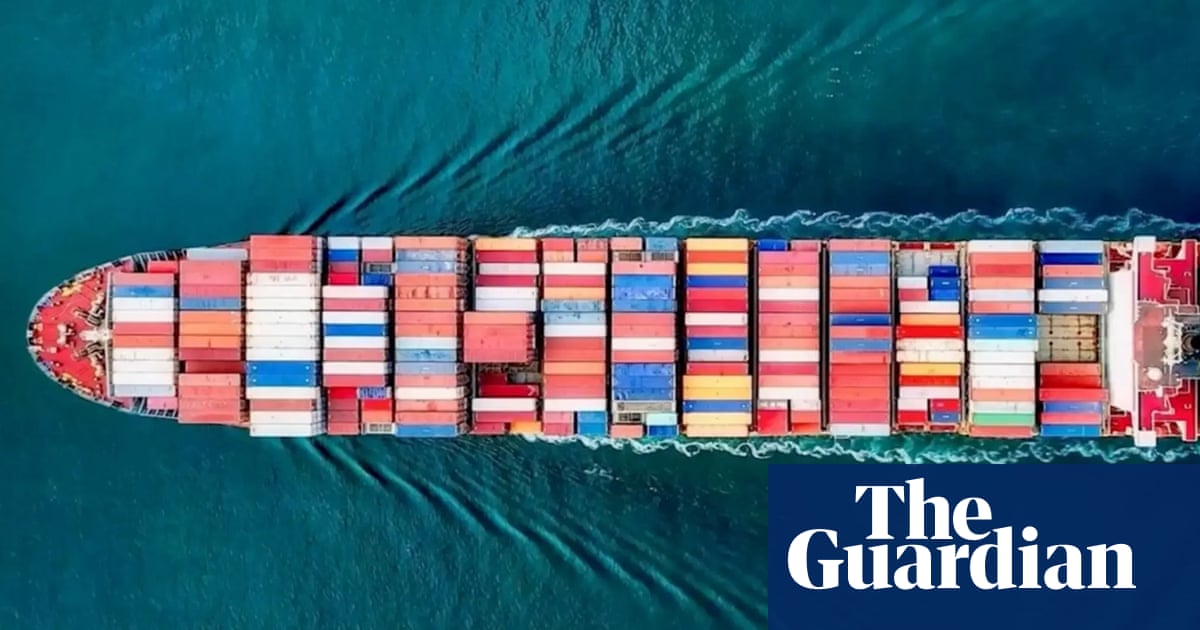
"More than 50,000 cargo ships are at sea at any moment, producing 3% of global greenhouse gas emissions more than aviation."
"Trials have shown that her invention can scrub most of the carbon from the ship exhaust, filtered through its lime-pebbled interior."
"Then the question became well, how?' Trials have shown that her invention can scrub most of the carbon from the ship exhaust."
"Suddenly we had money and we had to build it—people were ready for a solution."
In Chingford, London, a team at Seabound is developing a steel container device aimed at capturing carbon emissions from cargo ships. Utilizing quicklime pellets, the device transforms carbon emissions into limestone through a chemical reaction. This initiative addresses the significant contribution of cargo ships, which generate 3% of global greenhouse gas emissions. Led by entrepreneur Alisha Fredriksson, the project emerged from her concern over climate change, aiming to implement this carbon-scrubbing technology on vessels worldwide to mitigate their environmental impact.
Read at www.theguardian.com
Unable to calculate read time
Collection
[
|
...
]